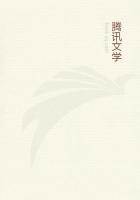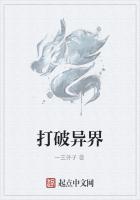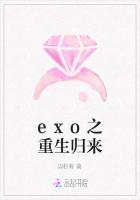for manhood is not present in the individual man. In the same way, 'animal' is also predicated of the individual man, but is not present in him. Again, when a thing is present in a subject, though the name may quite well be applied to that in which it is present, the definition cannot be applied. Yet of secondary substances, not only the name, but also the definition, applies to the subject: we should use both the definition of the species and that of the genus with reference to the individual man. Thus substance cannot be present in a subject.
Yet this is not peculiar to substance, for it is also the case that differentiae cannot be present in subjects. The characteristics 'terrestrial' and 'two-footed' are predicated of the species 'man', but not present in it. For they are not in man. Moreover, the definition of the differentia may be predicated of that of which the differentia itself is predicated. For instance, if the characteristic 'terrestrial' is predicated of the species 'man', the definition also of that characteristic may be used to form the predicate of the species 'man': for 'man' is terrestrial.
The fact that the parts of substances appear to be present in the whole, as in a subject, should not make us apprehensive lest we should have to admit that such parts are not substances: for in explaining the phrase 'being present in a subject', we stated' that we meant 'otherwise than as parts in a whole'.
It is the mark of substances and of differentiae that, in all propositions of which they form the predicate, they are predicated univocally. For all such propositions have for their subject either the individual or the species. It is true that, inasmuch as primary substance is not predicable of anything, it can never form the predicate of any proposition. But of secondary substances, the species is predicated of the individual, the genus both of the species and of the individual. Similarly the differentiae are predicated of the species and of the individuals. Moreover, the definition of the species and that of the genus are applicable to the primary substance, and that of the genus to the species. For all that is predicated of the predicate will be predicated also of the subject. Similarly, the definition of the differentiae will be applicable to the species and to the individuals. But it was stated above that the word 'univocal'
was applied to those things which had both name and definition in common. It is, therefore, established that in every proposition, of which either substance or a differentia forms the predicate, these are predicated univocally.
All substance appears to signify that which is individual. In the case of primary substance this is indisputably true, for the thing is a unit. In the case of secondary substances, when we speak, for instance, of 'man' or 'animal', our form of speech gives the impression that we are here also indicating that which is individual, but the impression is not strictly true; for a secondary substance is not an individual, but a class with a certain qualification; for it is not one and single as a primary substance is;the words 'man', 'animal', are predicable of more than one subject.
Yet species and genus do not merely indicate quality, like the term 'white'; 'white' indicates quality and nothing further, but species and genus determine the quality with reference to a substance:
they signify substance qualitatively differentiated. The determinate qualification covers a larger field in the case of the genus that in that of the species: he who uses the word 'animal' is herein using a word of wider extension than he who uses the word 'man'.
Another mark of substance is that it has no contrary. What could be the contrary of any primary substance, such as the individual man or animal? It has none. Nor can the species or the genus have a contrary. Yet this characteristic is not peculiar to substance, but is true of many other things, such as quantity. There is nothing that forms the contrary of 'two cubits long' or of 'three cubits long', or of 'ten', or of any such term. A man may contend that 'much' is the contrary of 'little', or 'great' of 'small', but of definite quantitative terms no contrary exists.


